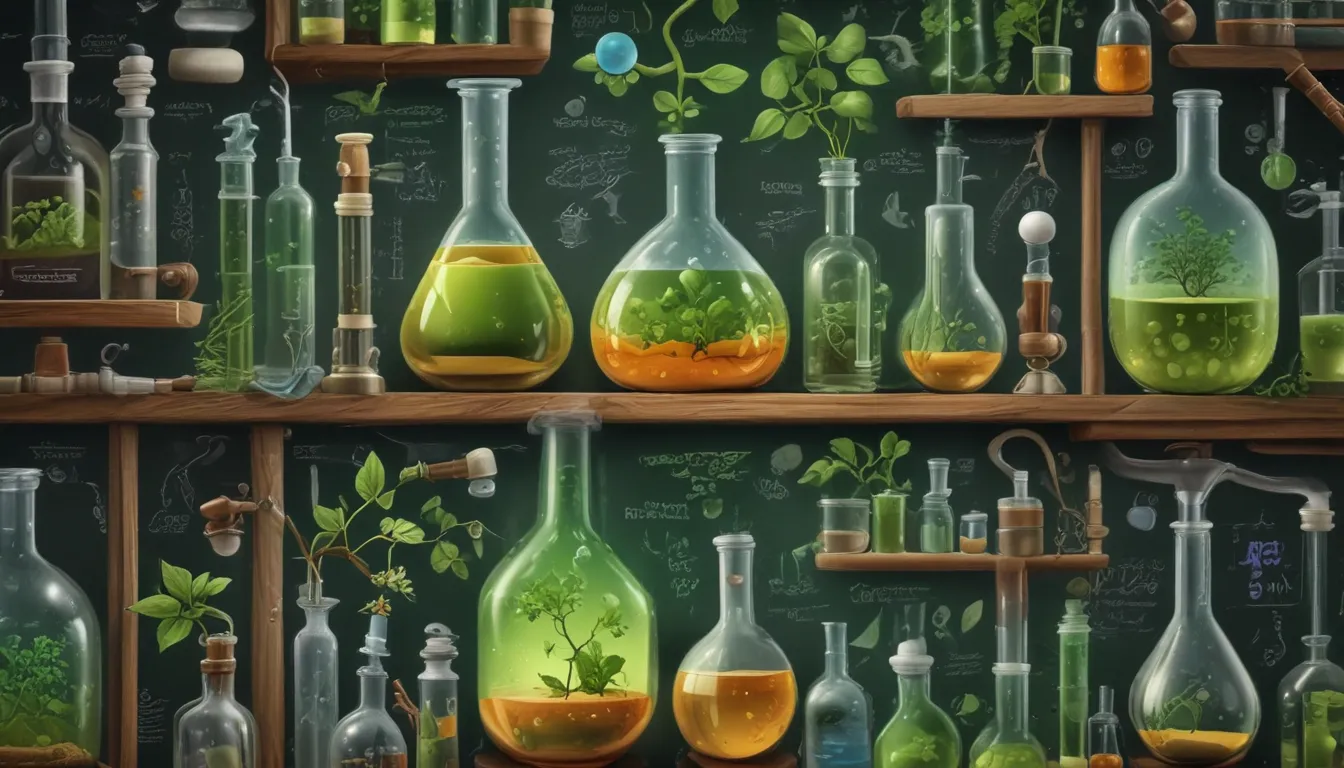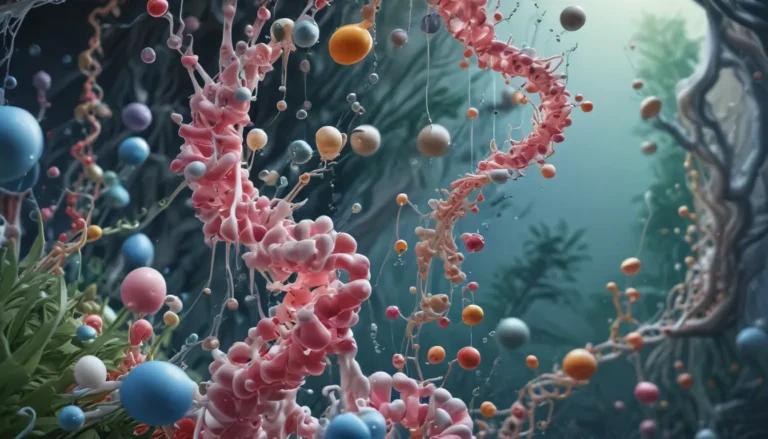A Note About Images: The images used in our articles are for illustration purposes only and may not exactly match the content. They are meant to engage readers, but the text should be relied upon for accurate information.
In the realm of chemistry, sustainable practices are gaining traction as the need to protect our environment becomes increasingly urgent. Sustainable chemistry focuses on developing processes and products that minimize environmental impact while meeting societal needs. Scientists and researchers are making remarkable strides in this field, finding innovative ways to reduce waste, conserve resources, and minimize pollution. Let’s delve into the fascinating world of sustainable chemistry and uncover 11 essential facts that shed light on its importance and potential.
Key Takeaways:
- Sustainable chemistry minimizes environmental impact by promoting efficient resource use, reducing greenhouse gas emissions, and creating eco-friendly materials and renewable energy sources.
- Sustainable chemistry drives innovation, economic growth, and shapes the future of industries while contributing to the United Nations Sustainable Development Goals for a greener, more sustainable future.
Embracing Sustainability with Sustainable Chemistry
Sustainable chemistry aims to minimize adverse environmental effects by developing processes and products that prioritize the efficient use of resources and renewable materials. It promotes the utilization of raw materials, waste reduction, and improved energy efficiency to create a more sustainable and circular economy.
Green Chemistry: A Pillar of Sustainability
Green chemistry principles play a crucial role in sustainable chemistry by guiding the development of processes that minimize hazardous substances, promote safer alternatives, and reduce the consumption of non-renewable resources. These principles drive innovation towards creating more sustainable and environmentally friendly solutions.
The Impact of Sustainable Chemistry
Sustainable chemistry is a powerful tool in reducing greenhouse gas emissions through cleaner and more energy-efficient manufacturing processes. By developing eco-friendly materials, such as biodegradable plastics and sustainable fibers, this field contributes significantly to mitigating climate change and creating a more sustainable future.
Driving Innovation and Economic Growth
The adoption of sustainable chemistry principles stimulates research and development, fostering innovation and creating new business opportunities in a rapidly evolving green economy. This innovative approach is essential for industries to remain competitive while prioritizing environmental sustainability.
Contributions to a Sustainable Future
Sustainable chemistry supports the recycling and upcycling of materials, reducing waste and extending the lifespan of valuable resources. By developing processes that enable the reuse of materials, this field contributes to a more efficient and sustainable economy.
Aligning with Sustainable Development Goals
Sustainable chemistry is essential for achieving various Sustainable Development Goals, including responsible consumption and production, climate action, and affordable and clean energy. By aligning with these goals, sustainable chemistry contributes to a more sustainable and balanced world.
The Future of Sustainable Chemistry
From pharmaceuticals to agriculture, sustainable chemistry is transforming industries by driving the development of environmentally-friendly products and processes. By incorporating sustainable chemistry practices, industries can reduce their environmental impact, conserve resources, and foster economic growth.
A Green Path Forward
In conclusion, sustainable chemistry is a groundbreaking field with the potential to address environmental challenges and create a greener future. By focusing on green chemistry principles and innovative solutions, sustainable chemistry aims to develop economically viable and environmentally friendly alternatives. From reducing carbon emissions to developing bio-based materials, sustainable chemistry is paving the way for a more sustainable and resilient world.
FAQs: Exploring Sustainable Chemistry
-
Q: What is sustainable chemistry?
A: Sustainable chemistry focuses on developing chemical processes, materials, and products with minimal environmental impact while promoting economic viability and social well-being. -
Q: Why is sustainable chemistry important?
A: Sustainable chemistry offers innovative solutions to reduce pollution, conserve resources, and create a more sustainable future by addressing environmental challenges. -
Q: How can individuals contribute to sustainable chemistry?
A: Individuals can support sustainable chemistry by adopting eco-friendly habits, advocating for sustainability, and promoting awareness of sustainable practices.
Sustainable chemistry’s potential to revolutionize industries and create a greener future is truly inspiring. By embracing sustainable practices and innovative solutions, we can pave the way for a more sustainable and prosperous world. Let’s embark on this journey towards sustainability and shape a brighter future for generations to come.





